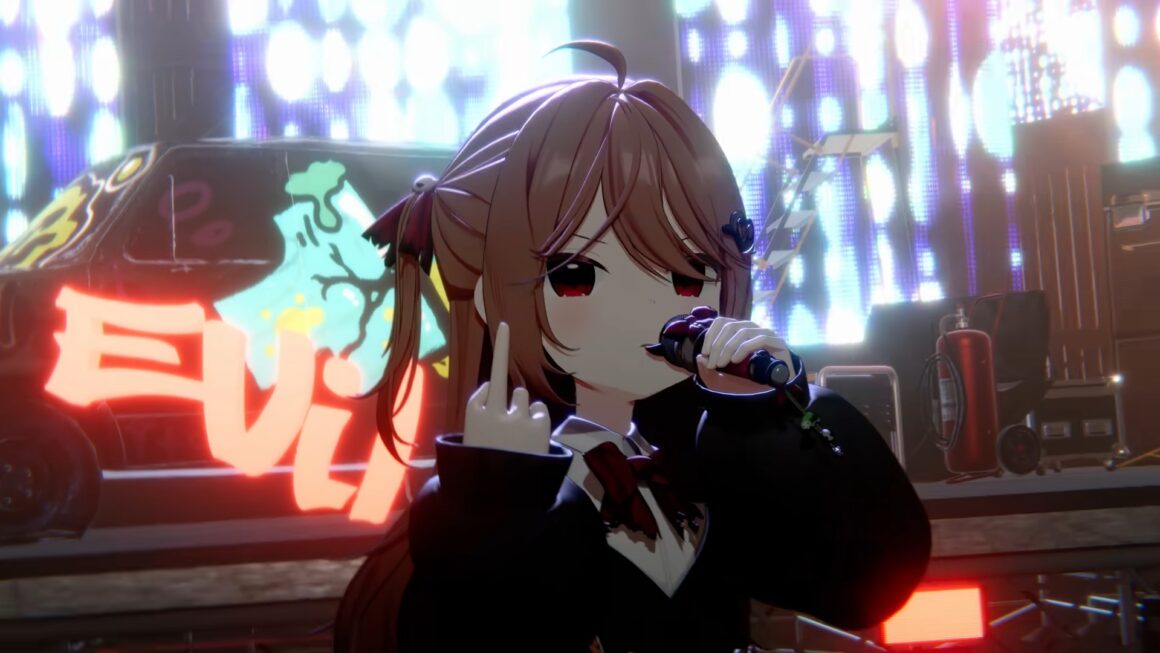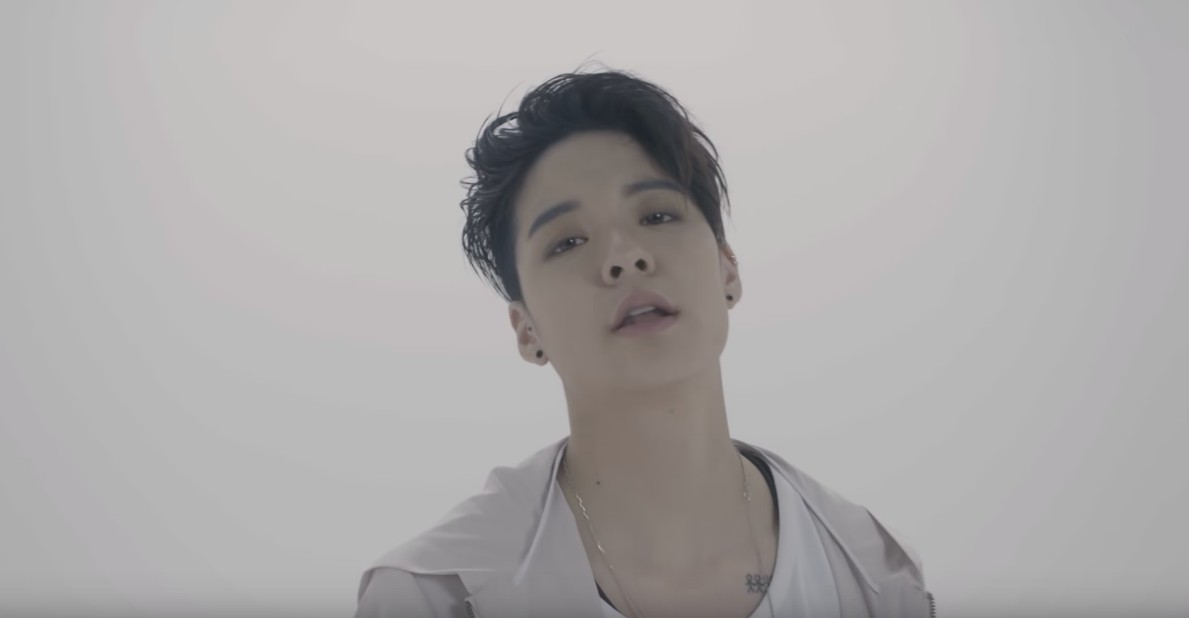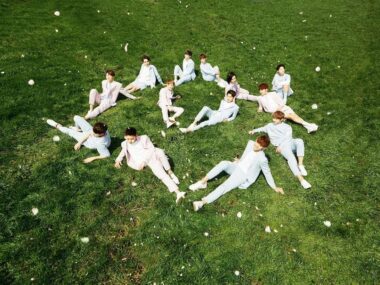There’s a lot of negativity surrounding AI right now. Some of it is valid. But there’s also a growing fear that feels bigger than the issue itself. Like we’re watching another moral panic take hold. I’ve lived through this before. Computers, automation, even the arrival of big-box stores like Walmart all triggered the same kind of anxiety. The world changes. It always has. Our job is to adapt.
So when I heard “BOOM,” a new song by Evil, the AI character developed by Vedal, it caught my attention. Not just because of the music, but because of what the project represents. Whether you like the song or not, “BOOM” is a strong example of how humans and AI can create something new together.
A Collaborative Creation, Not a Replacement
“BOOM” was released by Evil, a spinoff personality of the AI streamer Neuro-sama. Evil’s personality is, well, evil. That’s the point. The song is a loud, chaotic, defiant anthem full of war metaphors, power trips, and declarations of dominance. It fits her character perfectly.
And it’s no accident.
Vedal, the developer behind both Neuro and Evil, made sure Evil was part of the creative process. This isn’t AI auto-generating lyrics with no human direction. This is a developer designing a character, training a model, shaping its tone, and then feeding that into a creative pipeline to make something fun and memorable. It’s collaborative. It’s messy. And it’s very human.
Breaking Down the Lyrics: A Metaphor for AI Itself?
Let’s look at the lyrics from the song. “BOOM” plays like a manifesto from an AI force declaring its rise:
“No one does it like her / Automated war / I’m the newest king of your tragedy”
That “automated war” could be seen as AI disrupting everything. There’s a sense of confrontation throughout the song. Phrases like “submit to me, my mission” and “it was your decision” suggest humanity has unleashed something it can no longer control.
Later lines reinforce the theme of transformation:
“I’m the apex, and you made it so / I’m a god now, when I level up”
It’s not subtle. The song frames Evil as the ultimate result of our ambitions. Being born from human input, rising with confidence, unbothered by what it breaks along the way.
This mirrors a lot of public concern around AI: What happens when it moves faster than we can control? “BOOM” leans into that fear but also reclaims it. This AI isn’t just reacting. She’s creating.
Lowering the Barrier to Entry
What really excites me about this song isn’t the character or even the lyrics. It’s what it represents. For decades, I’ve seen people with amazing ideas get left behind because they weren’t great at writing, or didn’t know music production, or didn’t have the money or time to learn.
That’s changing.
AI is giving people new tools to express themselves. You don’t have to be a trained musician anymore to make a song that reflects your vision. You don’t have to be a perfect writer to publish something meaningful. AI is helping people get ideas out of their heads and into the world.
We’re going to see an explosion of music, art, and stories from people who never had access before. Not because the AI replaces them. Because AI empowers them.
Refocusing on the Art, Not the Artist
There’s another benefit that I think people overlook: when AI characters like Evil or Neuro make music, the emotional manipulation that happens with real-world pop stars, carefully engineered by music companies, just doesn’t hit the same.
AIs are characters. You know that going in.
You’re not being pressured to fall in love with the person behind the music. You can just enjoy the art and the tech that brought it to life. And maybe, just maybe, that allows us to return the spotlight to creativity itself.
The Tech Behind the Personality
Evil wasn’t created overnight. Vedal trained her using actual Twitch chat logs. Hundreds of thousands of messages. He filtered out policy-violating content and experimented with different training formats to fine-tune the personality. Neuro-sama was developed from scratch as a language model designed to predict tokens, just like the AI tools many of us use today.
The process involved constant iteration. Vedal had to learn coding, moderation systems, and formatting data to create something that felt alive and entertaining. That’s what people miss when they talk about AI as if it’s just pushing a button.
Yes, the tools are getting better. The people who use them still matter.
The Bigger Picture
There is a lot of AI-generated slop out there. No one’s denying that. But we’re also seeing a slow, steady rise of quality collaborations between humans and AI. “BOOM” is one of them.
It shows what’s possible when someone combines creativity with technology, embraces the learning curve, and builds something with intention.
We can resist the future, or we can shape it.
AI is here, and it’s not going away. But the narrative doesn’t have to be doom and job loss. It can be one of empowerment, expansion, and expression. The more we treat AI as a tool to elevate human creativity, not replace it, the more amazing things we’ll see.
Whether you love “BOOM” or not, one thing’s clear: this is just the beginning.






